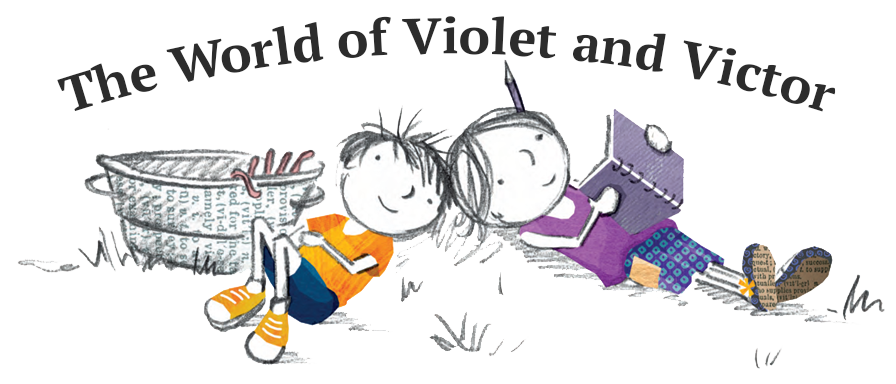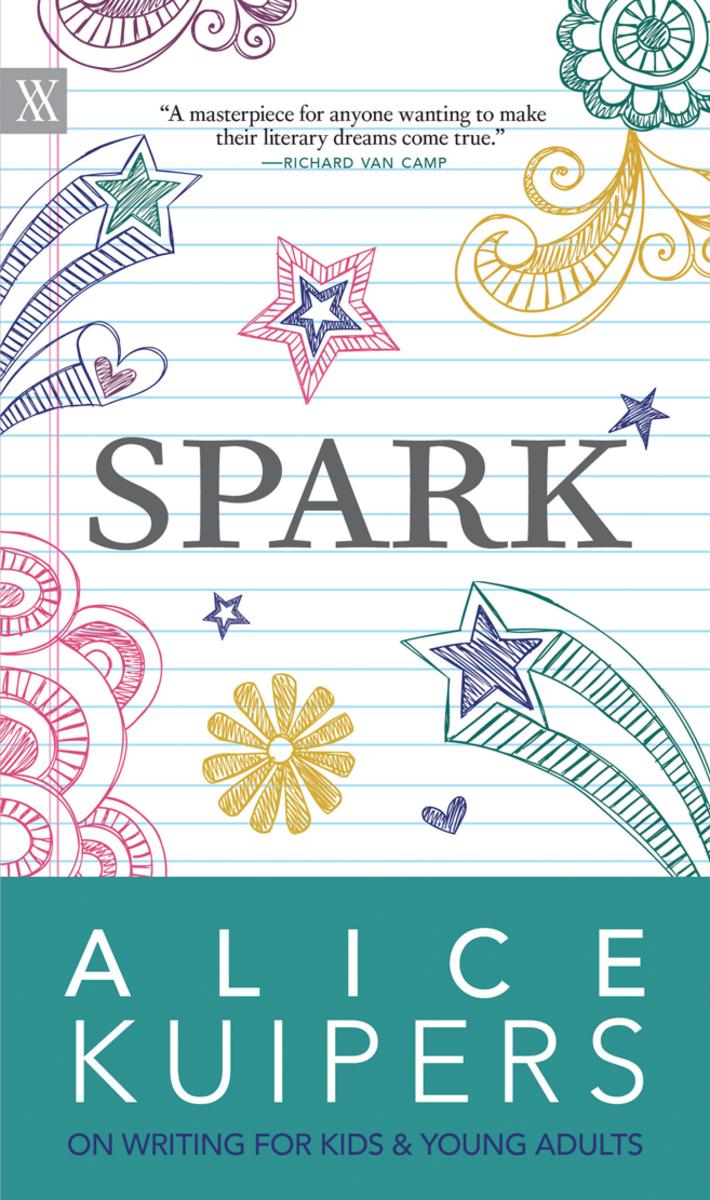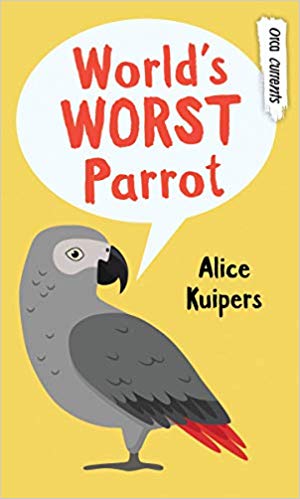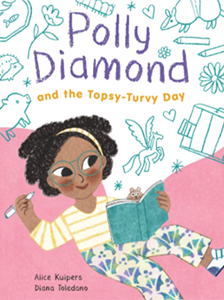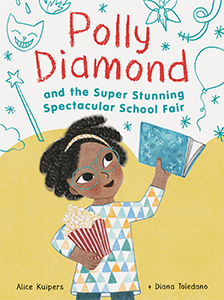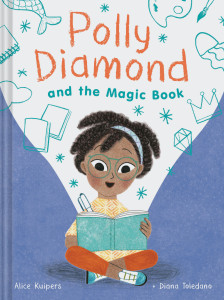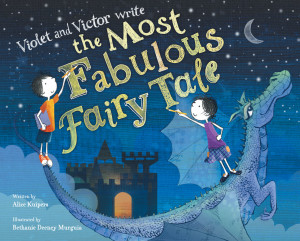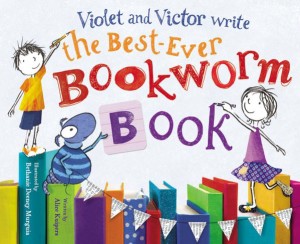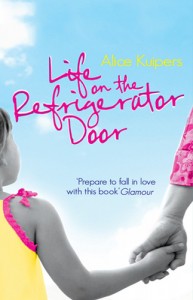10 TIPS FOR WRITING BETTER DIALOGUE
People get less articulate, not more, when they’re emotionally moved. Want to write an emotional moment? Increase your quotient of stumbles and restarts. Jane Espenson
Writing good dialogue takes practice and patience. Here are ten tips for you to improve how you write your dialogue so your conversations crackle on the page.
1- Read dialogue aloud. It’s meant to be heard, after all. This will help you to listen to the voices of your characters, noticing the flow and movement of their words.
2- Don’t use dialogue to convey large chunks of information (exposition). People don’t sound like this: “Since we arrived here at four, to watch for Martin Goodfellow, the murderer, I’ve felt hunrgy.” It’s okay if readers don’t know exactly what’s happening at all times – trust them to understand the story because they are intrigued by the voices of your characters.
3- Dialogue should sound real, but that doesn’t mean dialogue on the page is exactly like snippets of dialogue you overhear. You don’t need all the Hellos, Goodbyes and boring small talk of daily life. Cut it out.
4- Good dialogue should move the story forward, convey character and feel full of life. The best place to see great dialogue is by attending (or reading) plays, watching movies or even just switching on the TV.
5- If you want your character to say, “I need you,” think about the words they would actually use. Perhaps they’d say, “I can’t- Do you have to catch the early bus?”
Jane Espenson writes, “Want to write an emotional moment? Increase your quotient of stumbles and restarts.” She writes scripts for TV (shows like Buffy and The Gilmore Girls) and her insight into writing dialogue is helpful to think about here.
6- Learn how to write the correct punctuation for speech. It’ll be a useful tool for you as a writer, making it easier for you to write the dialogue you want, and it’ll help your work look professional when publishers read it.
7- Another technical dialogue tip: he said and she said read just fine. Don’t worry about repetition, most readers glide over he said/she said as if those words were punctuation. Too many of these: exclaimed, gasped, screeched, postulated, reasoned, argued, pondered, mouthed, etc… and your dialogue will be overwhelmed by the words around it.
8- Have people argue with people, or have people saying surprising, contrary things. If everyone is agreeing with each other, your story will feel flat.
9- Think about how each of your characters sounds. Make each voice distinct – this can be subtle or dramatic. Perhaps one character likes to use a certain word or short phrase, so make sure the other characters don’t use that same word or phrase. It’s a small distinction, but useful. More dramatic distinctions are up to you!
10- People don’t have to answer each other directly. Sometimes what’s not said has huge meaning.

